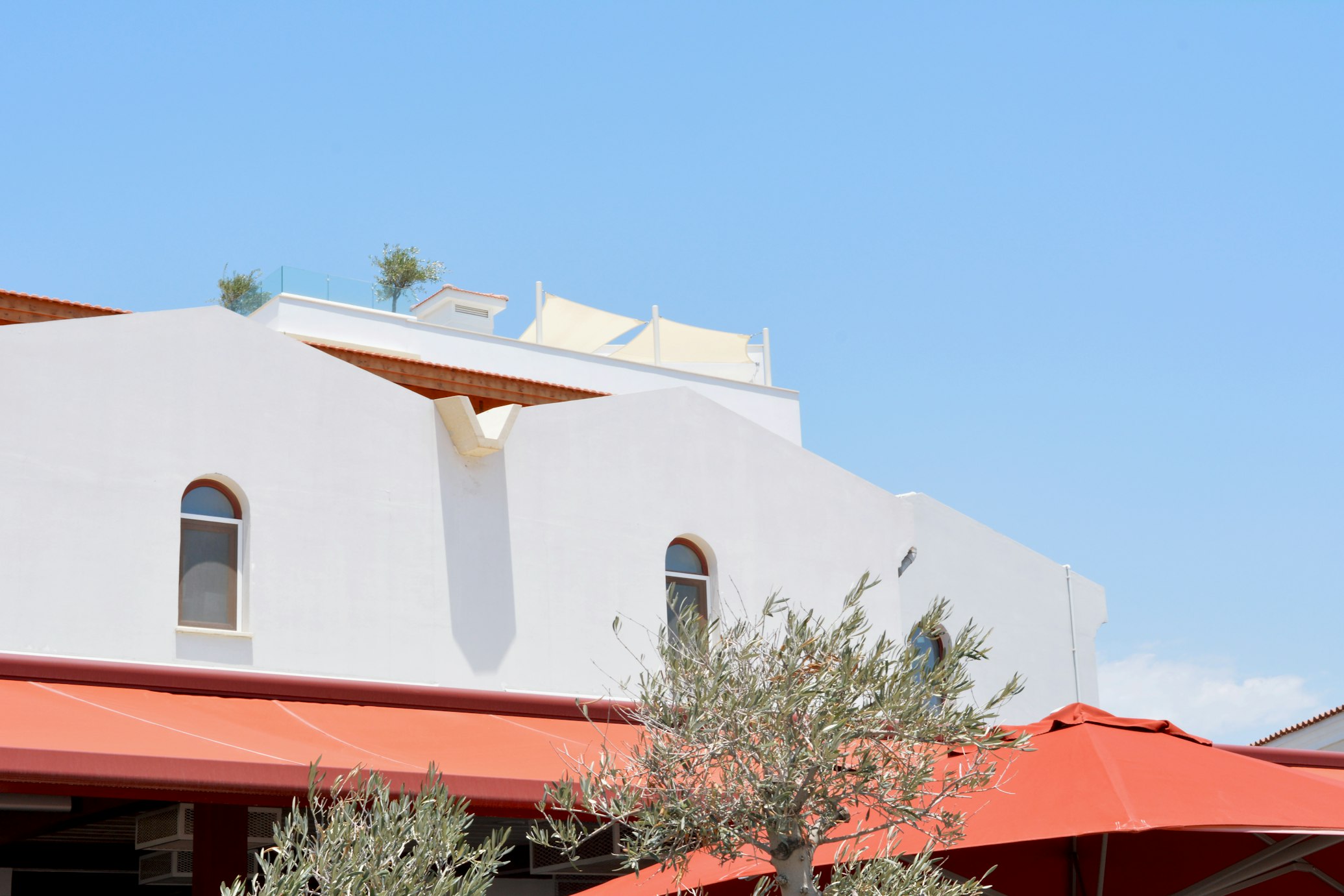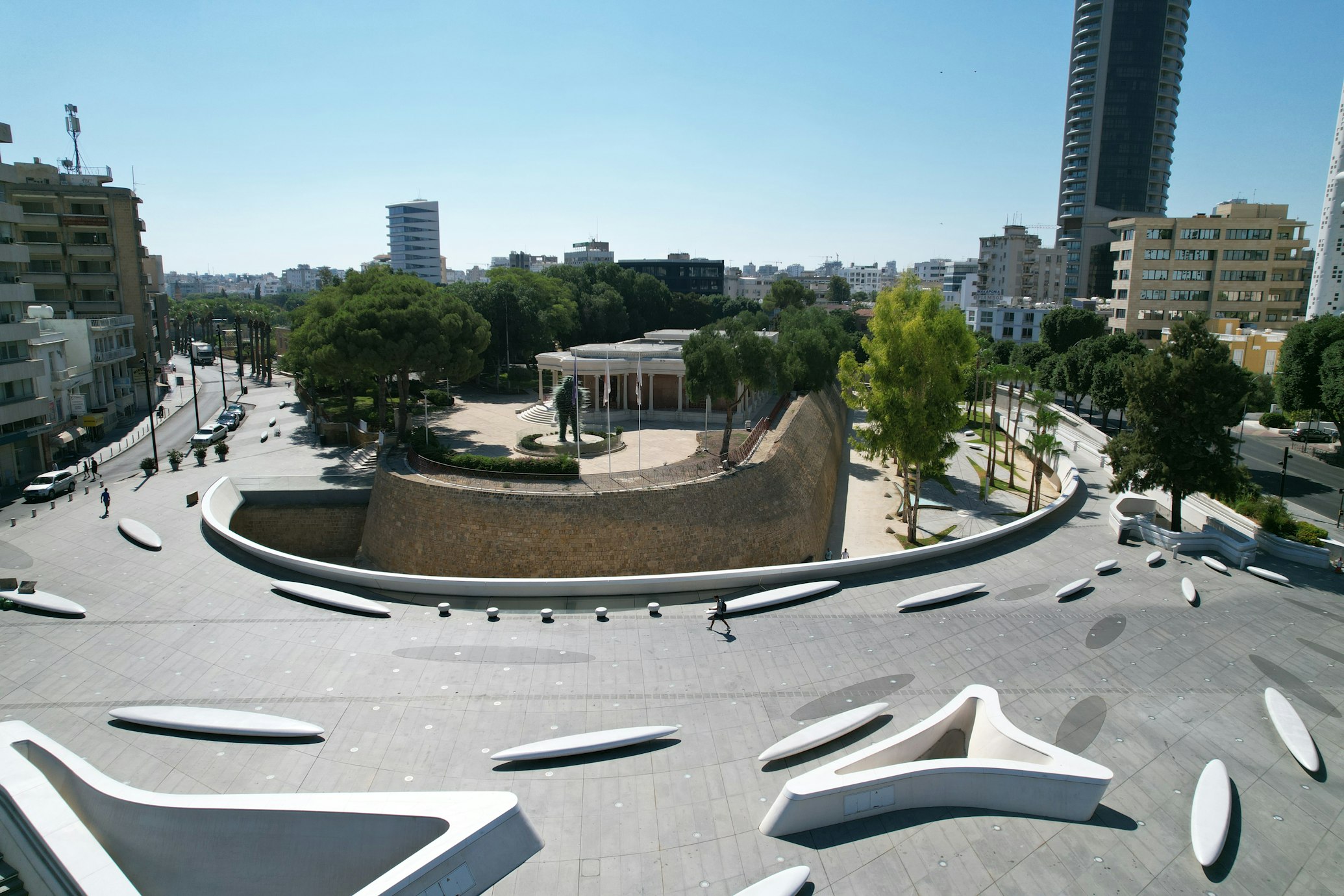The Future of Real Estate in Cyprus: Trends Shaping the Residential and Commercial Markets
The real estate market in Cyprus is evolving at a rapid pace. As a Mediterranean hub for both residential and commercial investments, Cyprus is witnessing significant transformations in how properties are developed, marketed, and managed. Understanding these emerging trends is essential for investors and residents looking to navigate the future of real estate in Cyprus effectively.
For those looking to invest, developers like cypruspropertygallery.com offer a wide range of properties in Cyprus, from high-end residential homes to strategically located commercial real estate in popular areas like Pissouri and Platres. With over 20 years of experience in the market, P.L. Property Gallery Developers & Constructors Ltd continues to lead the way in real estate development, blending innovation with quality design.
Emerging Trends in the Residential Real Estate Market
1. Sustainable and Eco-Friendly Housing
One of the most notable trends shaping the residential market in Cyprus is the increasing demand for sustainable and eco-friendly housing solutions. As global awareness of environmental issues grows, more buyers are seeking homes that incorporate energy-efficient technologies, renewable energy sources, and environmentally responsible construction materials. In response, developers are integrating features like solar panels, energy-efficient windows, and water-saving technologies into new residential projects.
2. Smart Homes and Technological Integration
Another key trend is the rise of smart home technologies. From automated lighting and heating systems to advanced security features, smart homes are becoming more common in the Cypriot residential market. These innovations not only enhance convenience for homeowners but also contribute to energy savings and increased property value. Buyers, particularly international investors, are increasingly prioritizing properties with built-in technological advancements, making smart homes a growing segment in the market.
3. Rise of Luxury Real Estate
Luxury real estate continues to dominate the residential market in Cyprus, particularly in coastal cities like Limassol and Paphos. High-net-worth individuals from around the world are drawn to the island's upscale properties, which often feature panoramic sea views, private pools, and state-of-the-art amenities. The combination of Cyprus' favorable tax regime and its high standard of living makes luxury real estate a lucrative sector for both buyers and developers.
4. Remote Work and the Shift to Suburban Living
The global shift toward remote work, accelerated by the COVID-19 pandemic, is also influencing the residential real estate market in Cyprus. More professionals are opting for homes outside of city centers, preferring spacious suburban properties that offer a better work-life balance. Developers are responding by creating residential communities that blend modern conveniences with natural surroundings, catering to the growing demand for peaceful, yet connected, living spaces.
5. Increased Interest in Land for Construction
Another emerging trend in the Cypriot residential real estate market is the rising demand for land, particularly for construction purposes. Investors and developers are increasingly seeing the value in purchasing land for new residential developments, driven by the steady increase in property prices and the potential for value appreciation. In regions like Larnaca and Paphos, where new residential complexes and infrastructure projects are underway, land investment offers long-term profitability.
This trend is especially appealing to foreign investors and developers who are looking to build custom properties or large residential complexes. Given the ongoing construction boom in popular areas, buying land now can result in substantial returns as property values rise with the completion of new projects. This makes land an attractive option for those looking to capitalize on the growing real estate market in Cyprus.
Trends in the Commercial Real Estate Market
1. The Growth of Flexible Office Spaces
The demand for traditional office spaces is evolving as businesses adopt more flexible working arrangements. Co-working spaces and flexible office environments are gaining traction, especially among startups and small to medium-sized enterprises (SMEs).
Cyprus, with its growing international business community, is seeing an increase in flexible office solutions, particularly in business hubs like Nicosia and Limassol. These spaces provide companies with the flexibility to scale operations as needed without the long-term commitments typically associated with traditional office leases.
2. Commercial Property Development in Tourism
Tourism remains a cornerstone of the Cypriot economy, and as the sector recovers post-pandemic, the demand for commercial properties catering to tourists is on the rise. Hotels, resorts, and retail centers are key areas of growth, particularly in popular tourist destinations like Ayia Napa and Larnaca. Developers are focusing on creating modern, multifunctional spaces that cater to both locals and tourists, boosting the appeal of commercial real estate in Cyprus.
3. Increased Investment in Logistics and Industrial Spaces
With Cyprus’ strategic location as a gateway between Europe, Asia, and Africa, the demand for logistics and industrial real estate is growing. The rise of e-commerce and global trade is driving the need for warehouses, distribution centers, and industrial parks. Investors are recognizing the potential in these sectors, particularly in cities with established trade links like Limassol. As international companies look to establish logistics hubs in the Mediterranean, commercial properties that support these industries are becoming highly sought after.
4. Technology-Driven Commercial Real Estate
Technology is playing an increasingly important role in the management and operation of commercial properties. From automated building management systems to data-driven analytics that optimize energy use, technology is transforming how commercial spaces are designed and maintained. Tenants are also looking for tech-enabled solutions that improve their operational efficiency, further fueling demand for smart commercial buildings.
5. Increased Focus on Mixed-Use Developments
A growing trend in the commercial real estate market in Cyprus is the rise of mixed-use developments, which combine residential, commercial, and recreational spaces into one integrated project. These developments are particularly popular in urban areas like Limassol and Nicosia, where space is at a premium, and businesses and residents are looking for convenience and accessibility. By combining office spaces, retail shops, and residential units, these projects cater to a diverse group of tenants and buyers, offering a holistic lifestyle and business environment.
Mixed-use developments appeal to investors because they offer multiple revenue streams, making them resilient to market fluctuations. Additionally, these projects help create vibrant urban centers that attract both locals and tourists, driving demand for commercial properties, such as retail outlets, restaurants, and entertainment venues. This trend is likely to continue as urbanization increases and consumers seek more integrated, convenient living and working environments
The Impact of Infrastructure Development on Real Estate
The future of real estate in Cyprus is closely linked to ongoing and planned infrastructure developments across the island. Major projects, such as the expansion of highways, ports, and airports, are improving accessibility and connectivity, making both residential and commercial properties more attractive to investors and buyers.
Key infrastructure developments include:
- Port expansions: Upgrades to Cyprus' ports, particularly in Limassol, are enhancing trade and logistics capabilities, which in turn boosts demand for industrial and commercial properties.
- New airports and transport hubs: Improved air travel connectivity, with expansions in Larnaca and Paphos airports, is making Cyprus more accessible for international businesses and tourists alike.
- Smart city initiatives: Nicosia and Limassol are both investing in smart city technologies, which include public Wi-Fi networks, intelligent transportation systems, and energy-efficient urban planning.
Conclusion: What Lies Ahead for Cyprus Real Estate?
The future of real estate in Cyprus is filled with promise, shaped by trends in sustainability, technology, and market demand. Both the residential and commercial markets are poised for continued growth, driven by infrastructure developments, international interest, and a strong local economy.
Investors who stay ahead of these trends and focus on properties that meet the evolving needs of consumers will be well-positioned for success in the years to come. Additionally, ongoing government initiatives, such as residency programs and tax incentives, further bolster the island's attractiveness as a prime real estate investment destination.
For those seeking expert guidance in navigating the Cypriot real estate market, professional developers offer unparalleled insights and a range of high-quality properties that cater to the growing demand in both the residential and commercial sectors. Investing in Cyprus now could prove to be one of the most beneficial decisions for those looking to capitalize on a rapidly evolving market.






